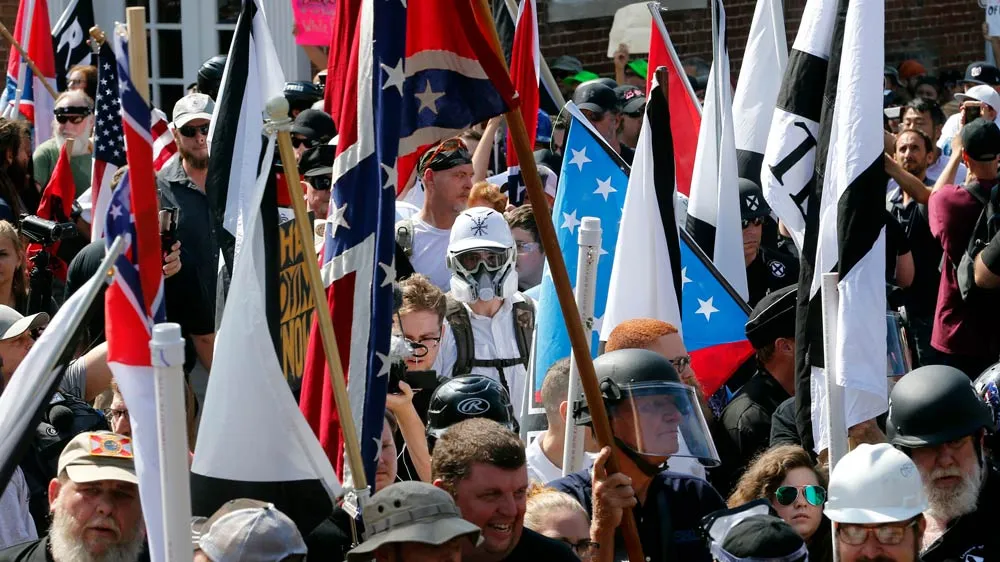June 4, 2021
Why and When Do COVID-19 Vaccines Expire?
READ TIME: 2 MIN.
How long do vaccines last?
That's now a critical question as the Biden administration prepares to send tens of millions of unused COVID-19 doses abroad to help curb the pandemic.
Some state officials have said in recent days that some unused doses may expire by the end of the month, and White House press secretary Jen Psaki said Thursday that looming expiration dates were a factor as the administration works to get the doses sent out as quickly as possible.
Many drugs and vaccines can last for years if stored properly, but all can eventually start losing effectiveness much like how food can degrade in a pantry. Vaccine providers keep an eye on the expiration dates that come with each batch, to ensure they're using up their supplies in time.
Expiration dates for vaccines are determined based on data the manufacturer submits to regulators proving how long the shots stay at the right strength, said former Food and Drug Administration vaccine chief Norman Baylor.
It's called a "potency assay," and it can vary by vaccine. Some vaccines, such as tetanus shots, typically last two years if properly stored.
Like many perishable items, COVID-19 vaccines remain stable longer at lower temperatures.
The vaccines authorized in the U.S., made by Pfizer, Moderna and Johnson & Johnson, can last for up to about six months from the time of manufacture, depending on how they're stored.
But the COVID-19 vaccines are new, and those expiration dates eventually could be extended because the companies have continued to test samples of batches in the months since the shots first rolled out, Baylor explained.
––
The Associated Press Health and Science Department receives support from the Howard Hughes Medical Institute's Department of Science Education. The AP is solely responsible for all content.





